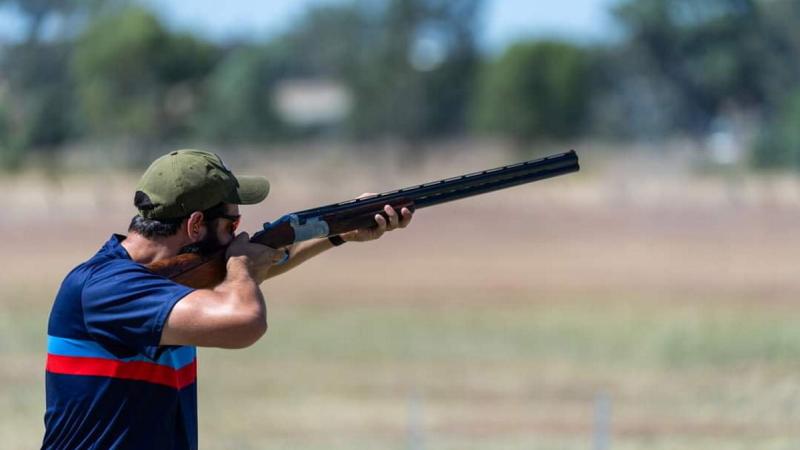The University of the Sunshine Coast and International Fund for Animal Welfare (IFAW) are teaming up to find another four-legged member to help detect and protect endangered koalas in the wild.
UniSC’s Detection Dogs for Conservation has worked tirelessly since its inception conducting health and habitat surveys and detecting sick and injured koalas in need of rescue around the country – especially in the wake of bushfires.
“Since the 2019 fires, the team hasn’t stopped. We have been conducting a lot of post-fire recovery surveys, then there were floods and now we’re on standby with another fire season upon us,” said UniSC Detection Dogs for Conservation Director Dr Romane Cristescu.
“We know there’s another dog out there who can help us continue this incredibly important work. We just need help to find him or her.”
The canine recruit will also be called to assist ongoing work and research with IFAW, to identify and understand the impacts of fire on koalas.
“We’re searching for a rescue dog to give a new lease on life to, while also helping our iconic koalas – it’s a win-win,” IFAW Wildlife Campaigns Manager Josey Sharrad said.
“The pup who makes the grade will get to walk in the pawprints of the other koala-saving heroes in the team and continue their legacy.”
The right pup for the job will join a specialised team of canine conservationists – including UniSC X IFAW koala detection dog Bear who can detect koalas by the scent of their fur, Billie-Jean who finds fresh koala poo for DNA sampling and recent recruit Austin, who can identify both koala and quoll habitat.
Their high energy and obsessiveness made it difficult for all three dogs to find a suitable home at animal refuge shelters, but it’s those same qualities that made them perfect for detection dogs.
“It takes a really special dog, with very specific qualities,” Dr Cristescu said.
“We need a young dog that is fit, friendly, constantly wants to play with toys and has no interest in chasing or barking at other animals.
“This is why we thought we’d ask the community – especially the working-dog rescue community – to let us know if they have good candidates. The more eyes looking, the better our chances of finding our new teammate.”
UniSC’s Detection Dog for Conservation, in conjunction with IFAW, began the search for their first dog to train and track live koalas back in 2015.
That dog was Bear, who went on to achieve global stardom during the 2019-20 bushfires by using his nose to track down more than 100 koalas in the aftermath, earning the admiration of everyone from Tom Hanks to Leonardo DiCaprio in the process.
IFAW x UniSC are searching for a dog that:
· Wants to play all day every day or is “toy obsessed”
· Doesn’t care about food, even about other dogs-toys are king.
· Is non-aggressive toward dogs or humans.
· Does not chase or bark at other animals (including cats, birds).
· Has 100 percent play drive, zero prey drive – it is essential they show no interest in wildlife.
· Is one to two-years-old (preferably)
· Is medium-sized (not too small that they struggle in the bush, not too big the handlers can’t carry them if needed).
· Is fit, healthy and able to do lots of walking in the bush and playing.
· Pays attention to and likes to interact with humans.
· Preferably lives within a three-hour drive of Queensland’s Sunshine Coast.
If you think you have, or know a dog who fits the description, fill out this form for more information.








